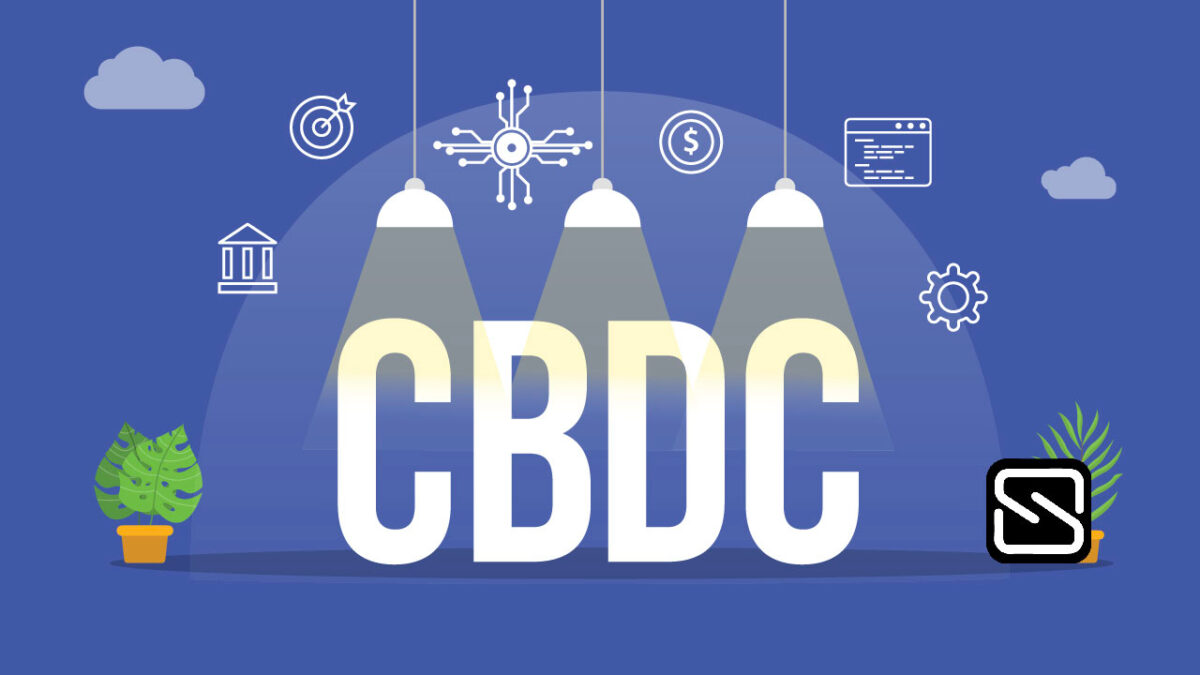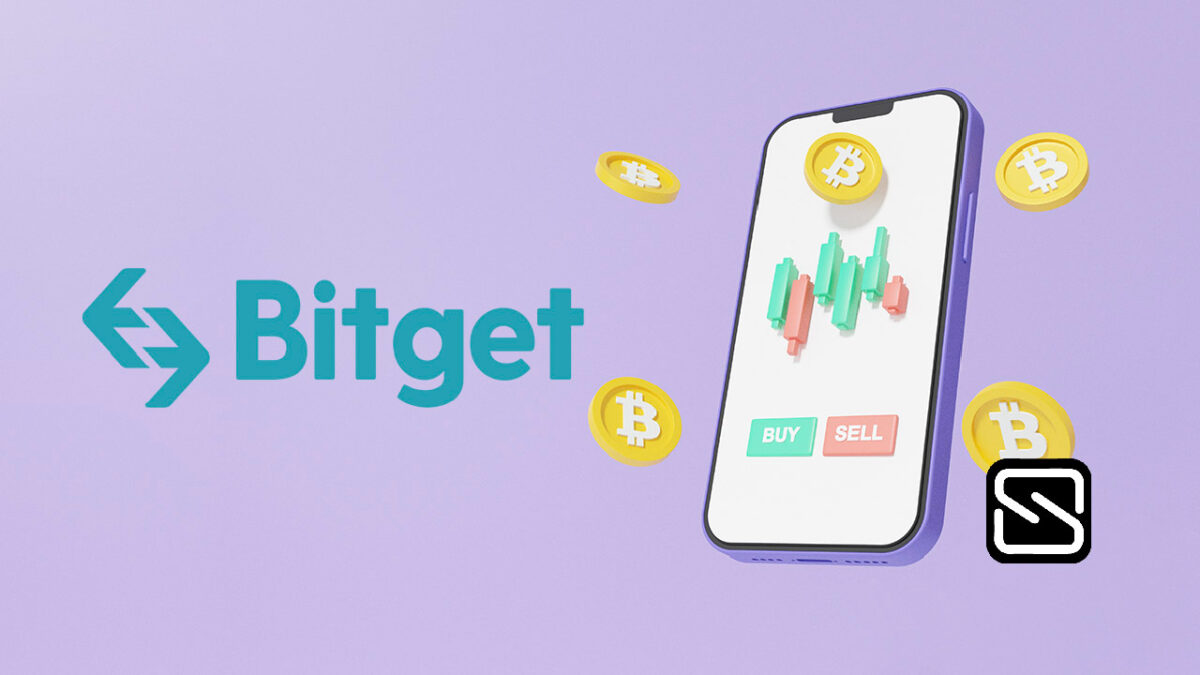Working for the Government or a company comes with many benefits, like pension packages. However, after many years in service, the retirement year will surely draw near. In your retirement age, you have less ability to do work as you used to at your young age. Also, employers will be looking to bring new minds into the fold. Unless you have a business on the side, it would be pretty difficult to lead a healthy lifestyle free from financial stress. That is why you need a proper retirement plan.
In recent years, particularly in light of Covid-19 and the emergence of new payment options, people have come to reframe their financial situations. The shutdown, a setback for many, made people aware of the shortcomings of conventional banking systems and encouraged them to consider other options, such as bitcoin.
Although it is a common goal for people to enjoy retirement without worrying about their financial situation, millions of elderly people in Africa still live in poverty. Despite the stunning shock, this may cause, it has motivated most people to find sufficient retirement and savings programs. Now is a great time to consider and plan for retirement, if you haven’t already.
With the advent of bitcoin, which is quickly gaining popularity in Africa, many now view it as a viable alternative to traditional retirement plans. Even if traditional pensions and bitcoin both offer advantages, choosing the right solution to safeguard your financial stability may be difficult.
The reasons broken down below will help you better understand your options to make a decision that is well suited to you on whether to rely on traditional pension schemes or bitcoin.
Traditional pensions were very well-liked before the advent of new investment alternatives, however, the situation appears to be different today. Here are some of the reasons;
Overwhelming bottlenecks
The extensive procedures and paperwork required to sign up for social security is one of the main reasons why most people are reluctant to use traditional pension plans. The stress retirees and family members have when trying to get money for their loved ones after retirement is the toughest part. More agitation and the use of better alternatives have resulted from this.
Zero Asset Appreciation
One of the major obstacles to saving for a pension is that the asset value stays constant over an extended period of time even while inflation rates soar. The value you will receive if you just save a particular amount will be that amount, potentially even less owing to currency devaluation and taxation.
Employer’s Unwillingness
Another challenge is that some employers are unwilling to continue offering pension packages to their employees. This used to be a norm in the past, especially when working in one of those big corporations.
Rising debt profiles, decline in demands for services, and inflation risks, explain why some companies are not willing to register their employees for pension.
Bitcoin as a game-changer
Africa and the rest of the world have seen an increase in the use of bitcoin as a savings and investment option in recent years. Many people have benefited from bitcoin’s price volatility, and some have even made a successful profession out of it. For them, Bitcoin serves as a store of value, ensuring that the worth of their possessions rises rather than falls due to inflation.
While doing so, bitcoin enables you to get around the limitations of the conventional financial system. It is also seen as a quicker, less expensive payment method that is unrestricted by the government. Saving money for one’s long-term financial security via bitcoin has grown in popularity. As a result, bitcoin has grown in favor as a substitute retirement plan.
Some risks associated with bitcoin.
While there may be nothing wrong with adding bitcoin to your pension funds, it has a couple of risks.
These risks, if not adequately analyzed and understood, may not serve you best when you’re already close to retirement. Here they are:
Bitcoin is commonly regarded as a “speculative financial asset”. This is primarily because of the risk of being driven by sentiments. Analysts believe that bitcoin might not have any actual value, as its value is driven by emotions and the fantasy of investing in a digital currency.
Authorized government entities frequently keep an eye on cryptocurrencies like bitcoin. There have been a few instances where bitcoin exchanges or projects have been compromised or sued in court.
Given that bitcoin is not backed by anything, investors may be doing so merely for the sake of making money. Unlike the United States Dollar (USD), bitcoin is neither supported by bonds nor stocks.
Conclusively, while pension schemes have been in existence for decades, they may not prove effective as a sole retirement and saving alternative. A more efficient retirement strategy will help retirees better support themselves after retirement. It will also help countries avoid the financial pressure that generally arises as the number of dependents increases.
With the gradual use of bitcoin, you can now save in bitcoin while maintaining your financial security. However, there are a lot of cryptocurrency scams, which is one of the reasons why governments are trying to regulate bitcoin. You must, therefore, proceed with prudence while purchasing bitcoin.
It is important to remember that bitcoin does come with inherent dangers, just like all other investing options. While exercising due diligence, you should keep the door open to other retirement options.









